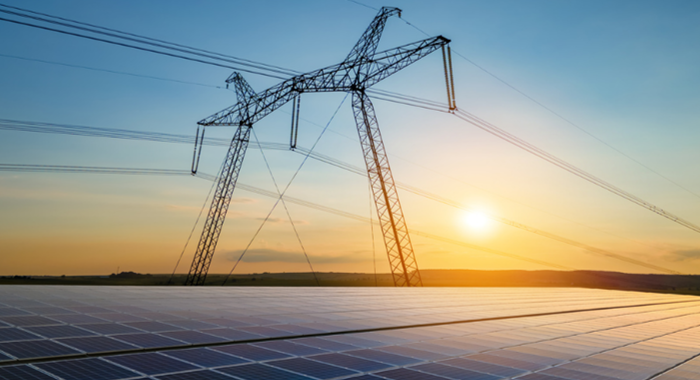Project Detail

03. Improving Schools’ Resilience to Disasters and Climate Adaptation in Comoros
The Comoros is exposed to a range of natural hazards, including cyclones, earthquakes, floods, storm surges, and volcanic eruptions. In recent years, the frequency and severity of windstorms, flooding events, and storm surges have increased due to climate change, as have episodes of extreme heat. In April 2019, Cyclone Kenneth devastated the Comoros, causing significant damage to school infrastructure and disrupting educational services. This issue recurs each rainy season, with many schools unable to operate normally. The Ministry of National Education of the Comoros has prioritized improving disaster resilience and climate adaptation of public infrastructure, including essential community assets such as pre-primary, primary, and secondary schools.
The project aims to increase the resilience of pre-primary, primary, and secondary school buildings to disasters and climate-related events in particular cyclones, earthquakes, floods, and storm surges, and improving the climate adaptation of school buildings across Comoros.
Key activities include enhancing the resilience of the existing school building stock in Comoros through data collection to establish a statistically viable baseline describing the current condition of school buildings; development of guidelines for strengthening and upgrading existing school buildings; and the development of a government-led resilient schools strengthening initiative, aimed at reinforcing and adapting priority schools in the Union of Comoros.











Nodal Government Agency
Ministry of the National Education of Comoros